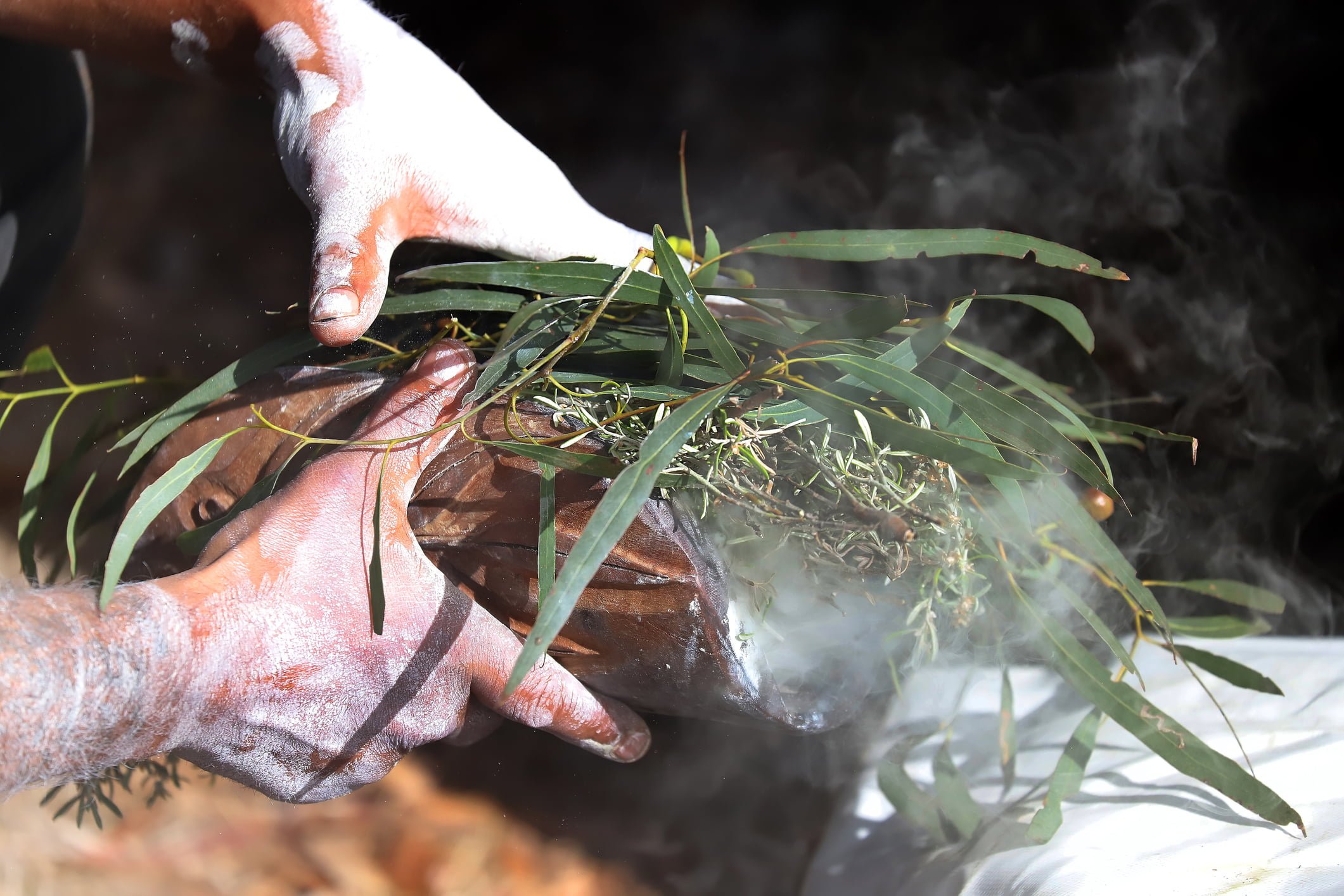
Over the past few decades, we have witnessed the national narrative about January 26 gather in intensity and evolve from a straightforward day of celebration to a milestone that triggers debate on the duality of our nation’s complex history and experiences.
Personally, January 26 has always had special significance as the day new Australians become full citizens and are able to participate in all aspects of our society. It was also the day that, three years ago, I was made a member of the Order of Australia.
Yet there is a growing awareness and consideration among Australians, like me, of how this date also marks a historic trauma for Aboriginal and Torres Strait Islander people— the arrival of the First Fleet, and the beginning of the loss of Indigenous land, people, and culture.
In the wake of the deeply disappointing failure of the Voice referendum, it is more important than ever that we respectfully take personal accountability to look outside ourselves and listen to First Nations experiences and voices.
Whether you recognise the day as ‘Australia Day’ or ‘Invasion Day’, January 26 is a day of mourning for our land’s traditional custodians. In recognition of this, I will not be celebrating next Friday. Instead, I will be taking the time to reflect on our nation’s Blak history and hold space to listen to the experiences of First Nations artists, storytellers, and leaders.
Many people making this shift personally is beginning to trigger businesses, organisations, and communities to reflect on their response to the day.
In 2022, only four councils across Australia chose not to hold Australia Day citizenship ceremonies. A year later at least 81 councils nationwide announced they would not be holding citizenship ceremonies on January 26.
Retailers are adapting too. Due to a gradual decline in demand, major retailers Woolworths, Aldi, and Kmart have decided not to stock Australia Day merchandise this year, alongside several other major chains.
And many organisations are changing their policies to allow staff to make their own decision on if they want to take part in the public holiday or work and choose another date to have time off.
This year, we are also working towards having flexibility around significant days like January 26 to reflect the values of the organisation and employees and needs of clients and communities.
Listening to First Nations communities and making these options available is important to me personally, and an important part of SSI’s reconciliation journey. As was taking an organisational stance to support The Voice.
SSI took a formal position to support the Voice because it strongly aligned with our mission—to empower individuals and groups to achieve their full potential—and that is what The Voice to Parliament was all about.
The disappointment of the referendum results has not deterred our commitment to reconciliation. SSI and I will continue to work with First Nations peoples to realise ‘Makarrata.’
As the duality of Australia Day becomes more evident, it is imperative that we navigate this complex terrain with empathy, openness, and a commitment to reconciliation.
By celebrating our strengths and acknowledging Australia’s complex history and its ongoing impacts, we can pave the way for a more inclusive, and cohesive national identity and future.
